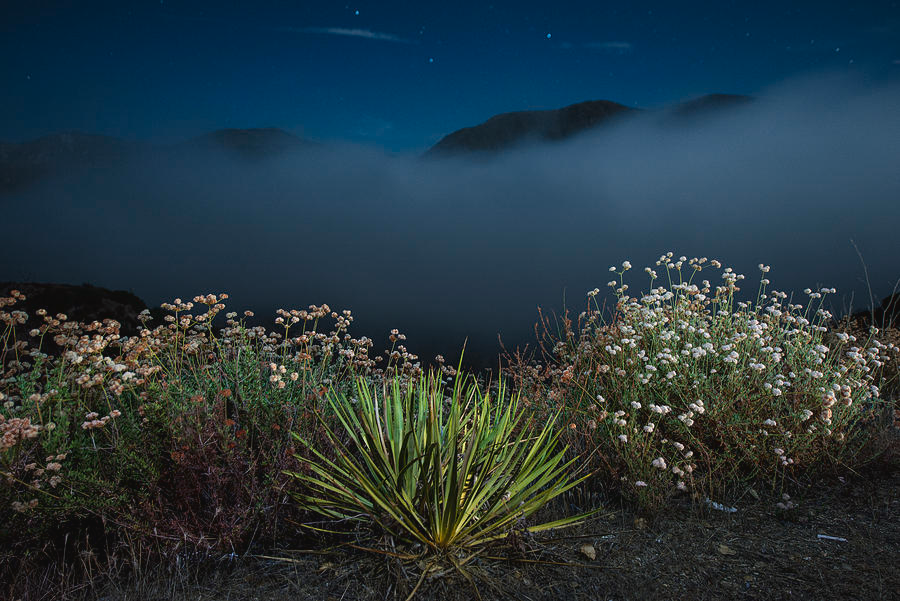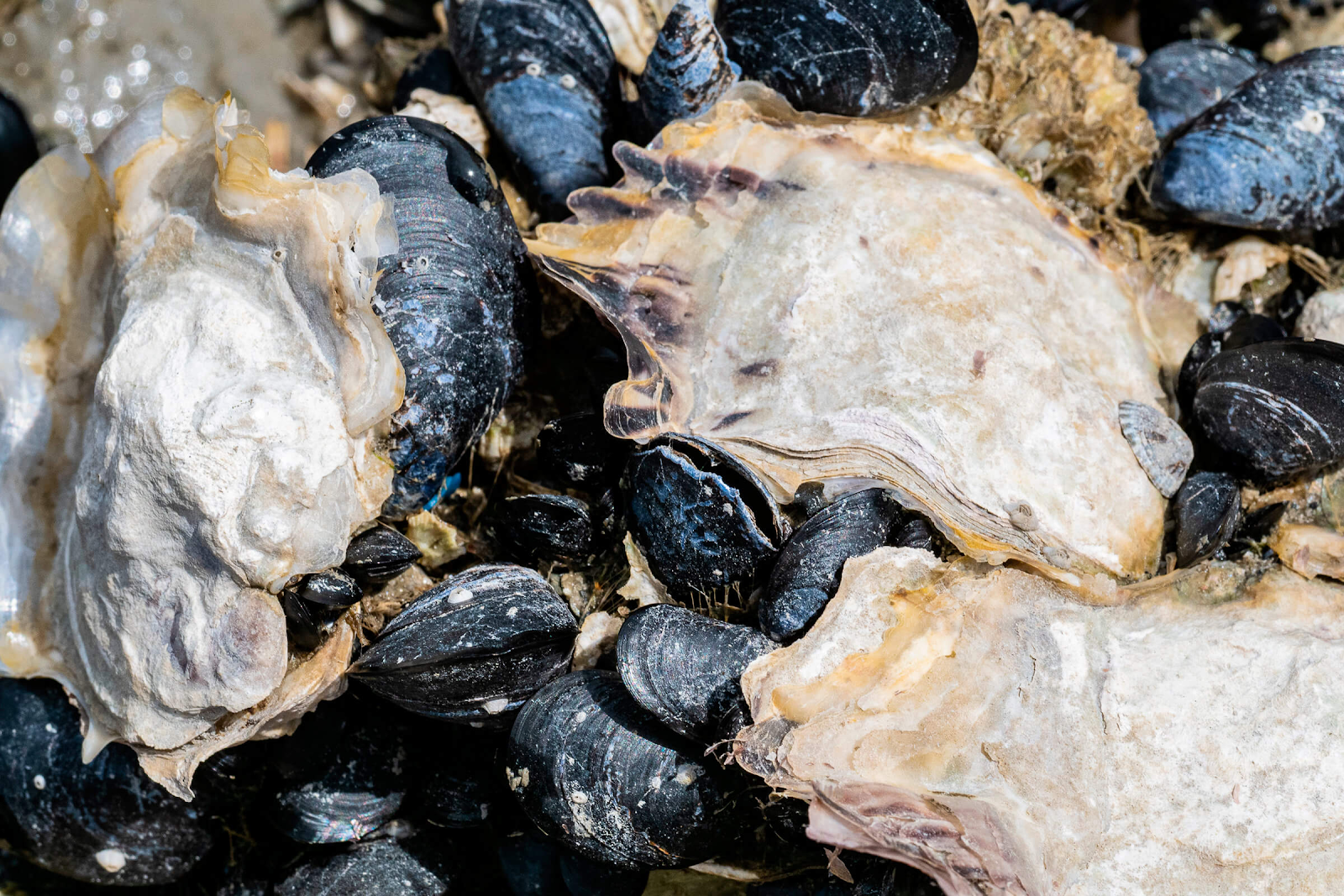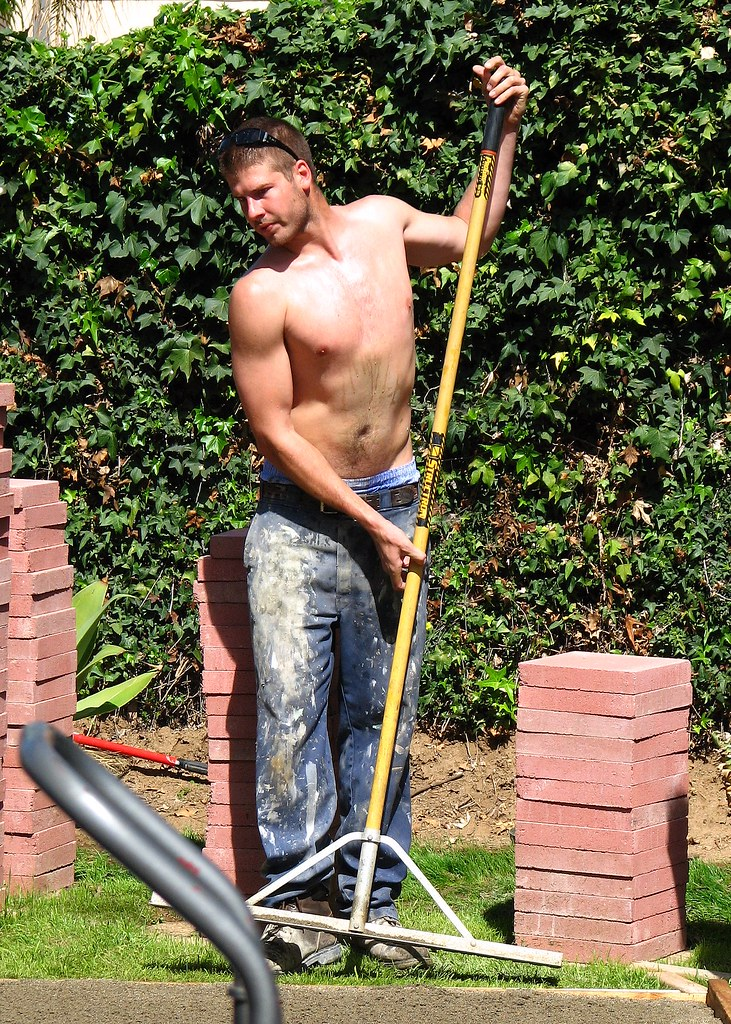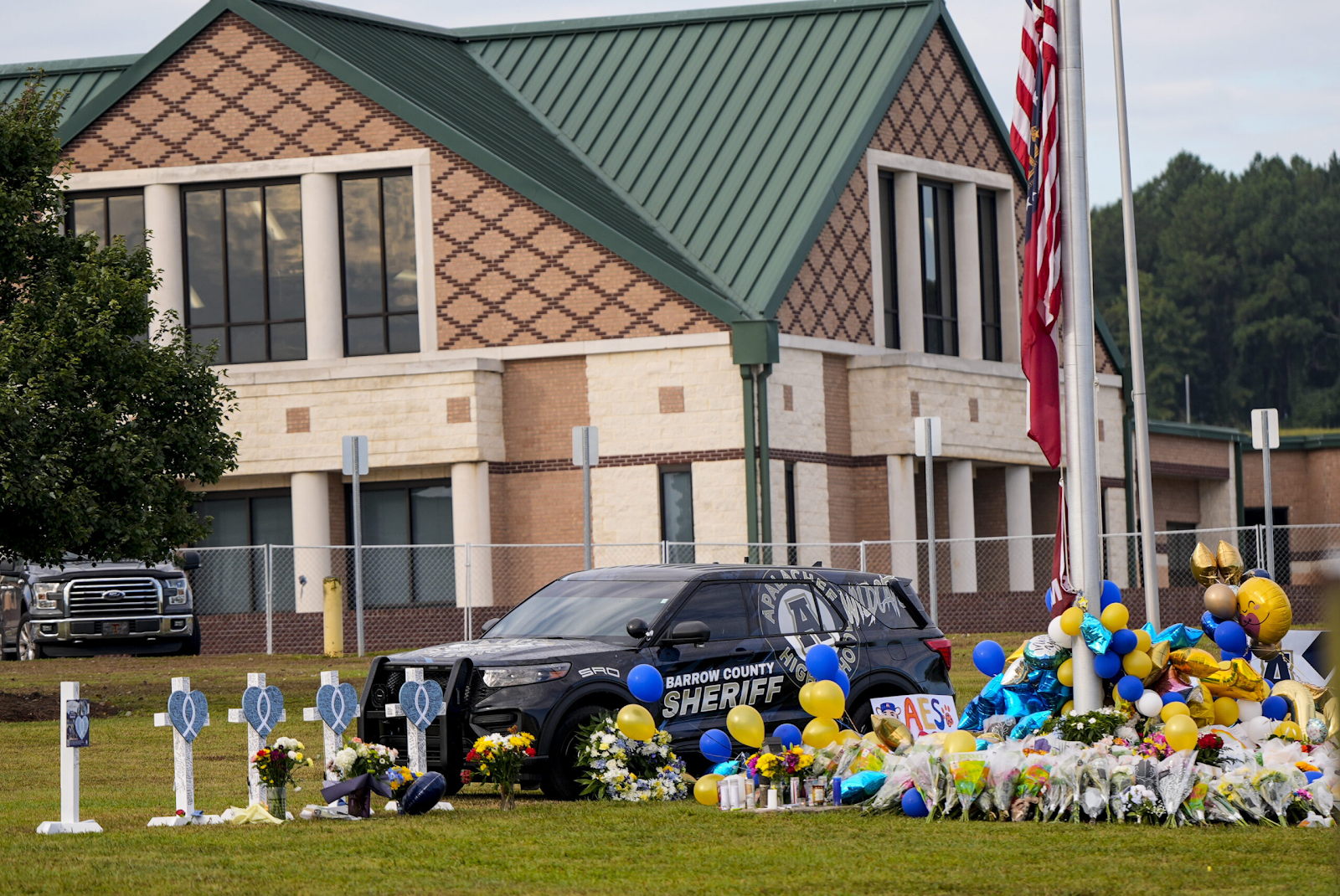REPLAY
Press your ear on the child’s chest—
he’s five and in distress—his heart
fluttering like a wounded bird’s,
quivering in little pearl taps you’ll barely feel.
Hold his hand, just twigs chilled
and quaking, fingers in a ball so hard,
nails digging into flesh, so pull the little sticks
apart so you can place his palm in yours.
Look deeply in the child’s unblinking eyes,
so wide, orbs frozen, tears layered clear,
shimmering, stopped, unflowing,
the whites like ice on coal.
Lay your ear near his mouth and hear
his rasping breath stutter like a dying man’s,
uncurl his body from the kitchen floor
and hold him in your lap, hold him close, and warm.
Don’t talk to him, for he won’t hear.
Don’t raise him up, for he won’t rise.
His eyes are glued to his daddy on the rug,
the pool of red spreading dark and fast.
He’s starting school next week, this little boy,
and his dad took off the day to walk him there.
Uncurled, sitting in your lap, his head
tilted to his father, the child’s in distress.
Don’t speak to him, for he can’t hear.
Don’t stand him up, for he can’t stand.
His pencil legs quiver on yours, his silent lips
wet now because his tears unplugged themselves.
In the other corner, on the floor, the cop bawls
like a man condemned, his pistol on the chair,
his red face bobbing in his trembling hands,
as clueless now as when his holster freed his gun.
Tonight the screens will flash the dead man
in his uniform, and tell how he went deaf
in war, and how he saw his window break and summoned
help, and how all hell broke loose.
Originally published in the author’s book, Reading Tea Leaves After Trump (Golden Foothills Press: 2018).
VETERAN
His back’s a toothpick stack racked with pain.
His legs are stone on hospice sheets in
Barstow, where VA nurses rub liniment
on his arthritic limbs, days melting like wax
one into the other, his 90-year-old eyes
opalescent murk.
His convalescent legs slog in midnight dreams
through devastated streets, Sicilian sky
lit bloody by rockets pulping
trenches filled with men he knew.
His sharpshooter fingers and eagle eyes
bring down krauts in trees in the Ardennes,
and krauts covered in branches to deceive his mark,
but he’s the best.
His medals sleep in velvet trays in cedar drawers
now, room 356, because his shelf life tugs him
from pock-marked fields
to solitary rooms where walls
shimmy and run
like watercolors into smears
Originally published in a prior version in the author’s book, Rising, Falling, All of Us (Golden Foothills Press, 2014).
BROWN ARMS
He doesn’t know I watch, or
maybe yes, he does. He carries rocks
in arms burnt browner by the sun, in arms
sinewed and knotted by muscles stretching and
pushing against granite edges of patio
pavers he lays in puzzles beyond my ken.
Sweat veneers his back like varnish freshly
stroked. His knees straddle opened earth, leather hands cupping
moistness as he digs deeper, smoothing loam, opening the
hole, plunging fingers into dirt made soft with rain. Face lowered,
droplets of his labor anoint the bed.
He hardly rests. He sips from plastic cups I bring to
him with eyes averted from the truth. His dark fingers brush
my wrist, a moment pardoned with a flush, and he
turns to toil that defines his being. Hour after
hour, in days long with longing, his brown arms lift
and move and hold and carry and embrace.
What does he think while his muscles groan, sweat
salting his lips and nipples as it trickles to
his pants? I lean against the wall, curtain falling
closed again, my knees useless.
Originally published in the author’s book, Rising, Falling, All of Us (Golden Foothills Press, 2014).

































